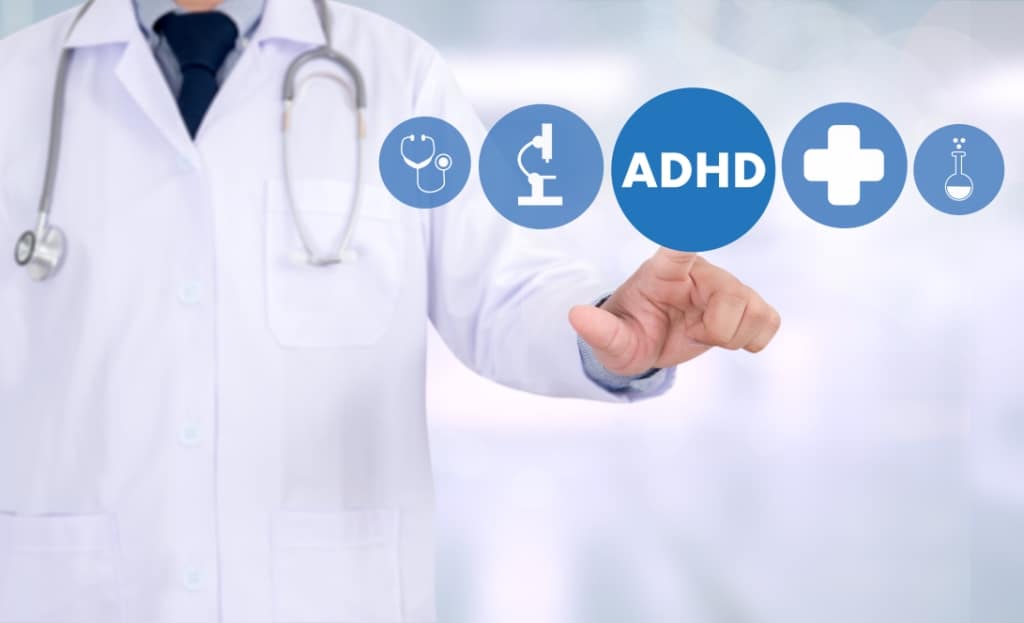An ADHD diagnosis can be a troubling time for a parent as you try and come to terms with your child’s diagnosis while also planning what to do so that they have an easier time managing their symptoms.
While medication is the most common treatment for ADHD, many parents may be hesitant towards this method due to a desire not to put their child on long-term medication or because they know, or have experience with, their child not consistently taking their medication every day.
Whatever the reason, there are additional treatment options besides medication, and as a parent whose child has ADHD, it is wise to weigh the pros and cons of all treatment options so that you can choose the best one for your child and your family.
Medication
Medication is the most popular treatment for ADHD, but let’s go over what it does and why it works.
When the brain sends signals, they transmit their messages from neuron to neuron. This is done by sending neurotransmitters from one neuron to the next, and then the process repeats.
In those with ADHD, this process does not go as smoothly. The sending neuron might not send as much of the neurotransmitter, or it may suck the neurotransmitters back up before a good connection between the two neurons is made, called reuptake. It’s also possible that enough neurotransmitters are sent, but they have a hard time activating the receptors on the receiving neuron.
Medications can help with these processes. Some medicines, called reuptake-inhibitors, slow down the process of sucking back the neurotransmitters, giving the neurons enough time to send and receive their signals. Other medications help the neurons send more neurotransmitters.
These actions can help those with ADHD pay attention better and process new information.
However, ADHD medication only works as long as the person with ADHD takes it, so taking it consistently is essential for the best results.
Neurofeedback
Neurofeedback is a treatment based on the observation that many people with ADHD show low arousal levels in frontal brain areas.
Neurofeedback works to address this by training the brain to increase arousal, which involves increasing beta waves and decreasing theta waves.
This treatment involves placing electrodes on the head to monitor brain activity. With the electrodes on the head, the individual then works to increase arousal levels, with certain triggers (such as a beep) as evidence that their arousal levels are where they should be. When the individual learns how to increase arousal levels, they will find that their attention improves, and they won’t be as hyperactive or impulsive.
Behavior Therapy
Behavior therapy is often recommended as a co-treatment with medication to treat ADHD. Behavior therapy has the goal of helping to improve the physical and social environments the child is in to improve their behavior.
Behavioral therapy relies heavily on the collaboration of parents, teachers, and other caregivers to ensure that they all enforce rules, use discipline effectively, and encourage the same standard of good behavior. Through behavior therapy, individuals with ADHD will learn better ways to control their behavior.
If you are interested in learning more about the ADHD treatment options, call Abbey Neuropsychology Clinic for more information.


Leave a Comment